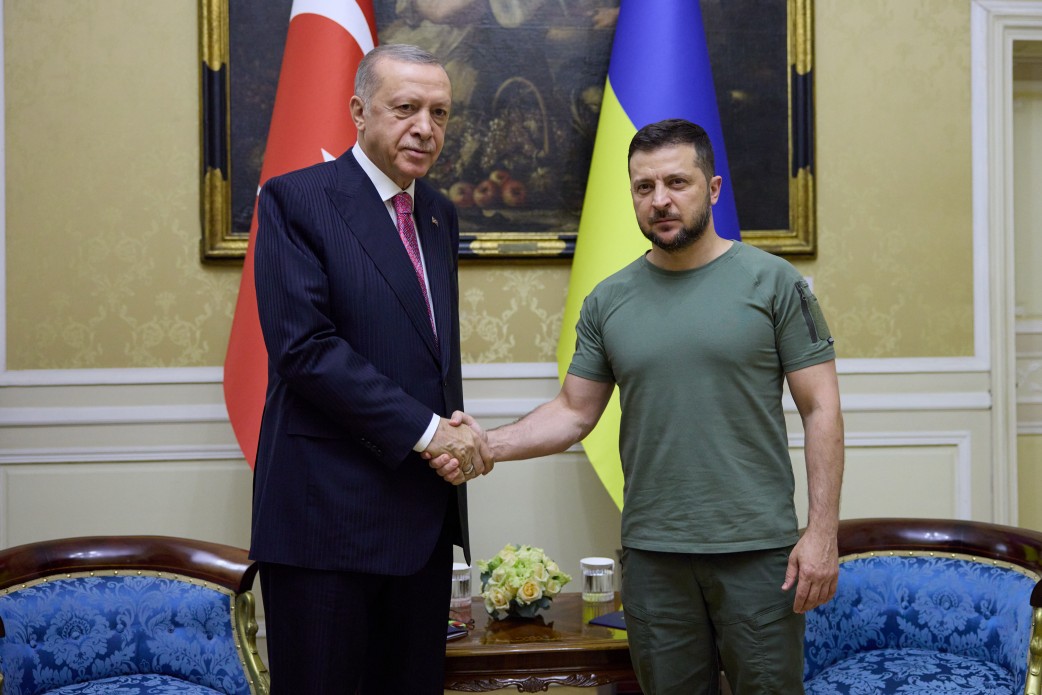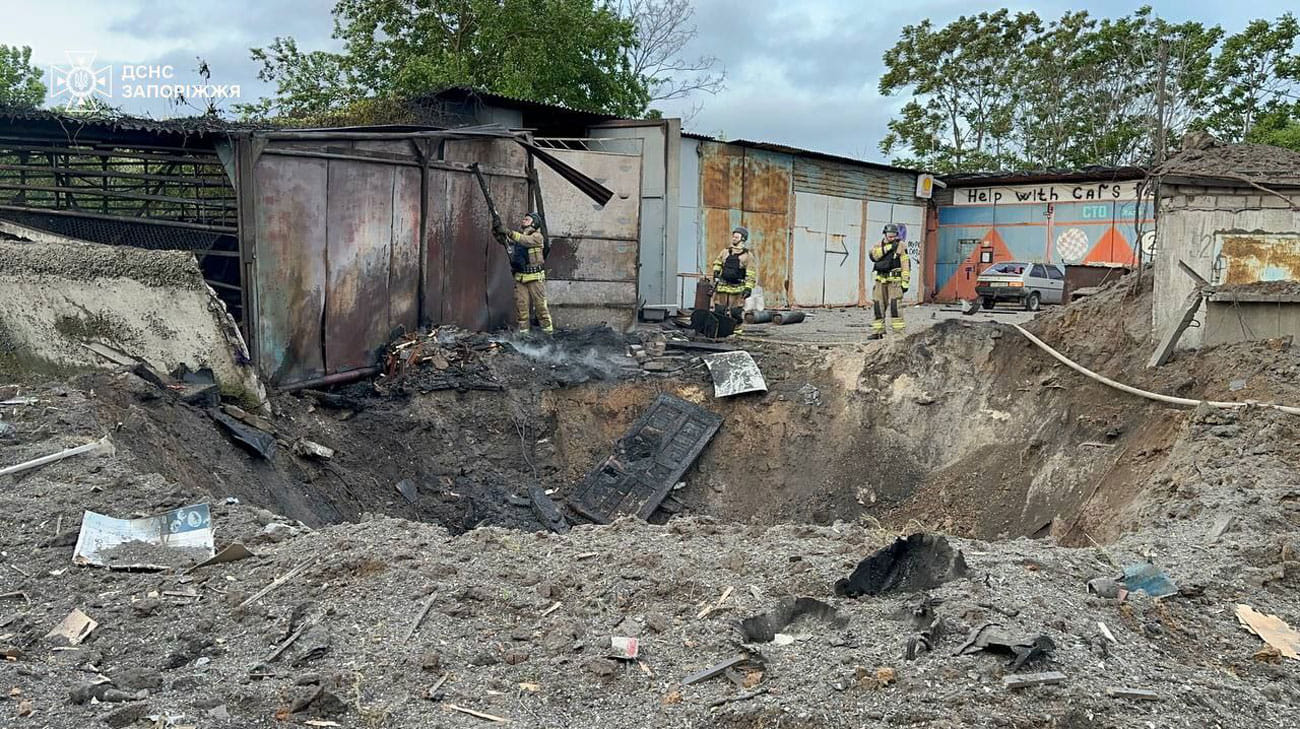Turkey offers to mediate peace talks between Ukraine and Russia
In a phone call with his Ukrainian counterpart, the Turkish president expressed his support for a peaceful solution to the war and the return of all Ukrainian prisoners and deportees.

On 28 February, Ukrainian President Volodymyr Zelenskyy spoke on the phone with Turkish President Recep Tayyip Erdogan, European Pravda reported with reference to the Office of Ukraine’s President.
During the conversation, Erdogan emphasized the importance of finding diplomatic solutions to end the Russo-Ukrainian war and resuming the Black Sea grain corridor, which Russia unilaterally suspended in the summer of 2023. However, Ukraine’s active use of maritime kamikaze drones prevented the Russian Black Sea Fleet from resuming the naval blockade of the Ukrainian ports.
The Office of the President of Ukraine reported that President Zelenskyy raised the issue of the return of Ukrainian deportees and prisoners of war from Russian captivity, including Crimean Tatars.
“Special attention is paid to the paragraph of the Peace Formula on the return of all prisoners and deportees. Today I discussed this with the President of Türkiye. The return of Ukrainian children who Russians abducted. The return of prisoners and all those who are subjected to repression in the occupied territory, particularly in Crimea. Türkiye’s mediation is very important so that the Crimean Tatars and all others – adults and children, soldiers and civilians – who are held in Russian captivity can be released,” President Zelenskyy said.
The Turkish president said that Türkiye “is making great efforts to stop the bloodshed both in Ukraine and in the Palestinian territories.” Recep Tayyip Erdogan said that Türkiye continues to support a peaceful resolution of the full-scale Russian invasion of Ukraine and is ready to offer a platform for the relevant negotiations between the warring parties.
Related:
- Serbia and ten other countries sign declaration supporting Ukraine’s peace plan at Tirana summit
- Russia’s gamble: how and why it could attack NATO countries. Ex-NATO official explains



